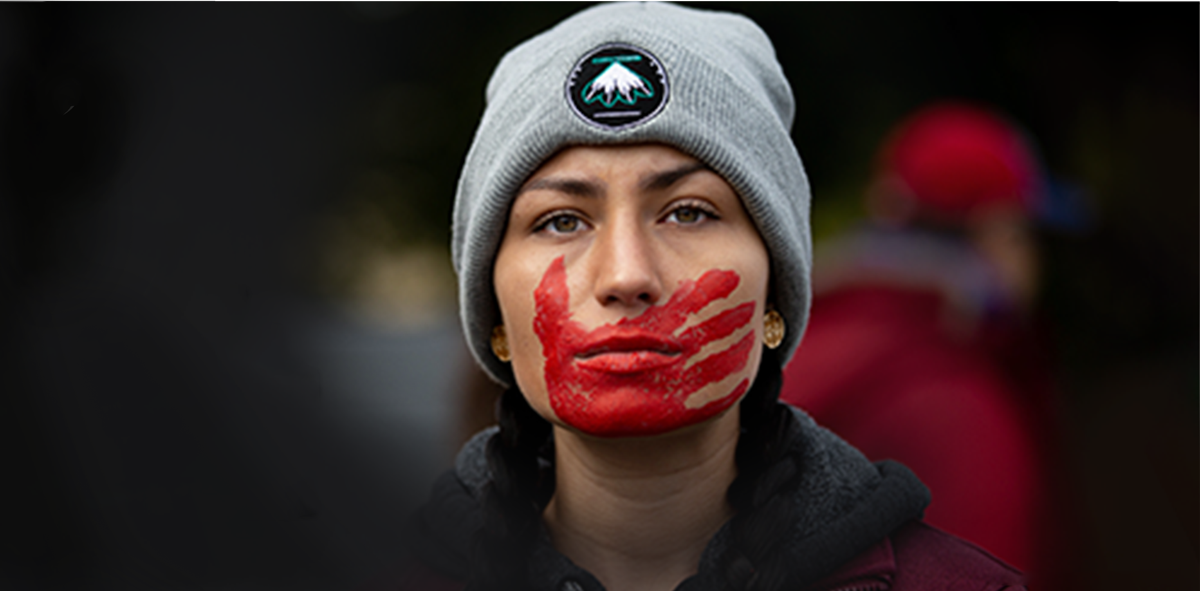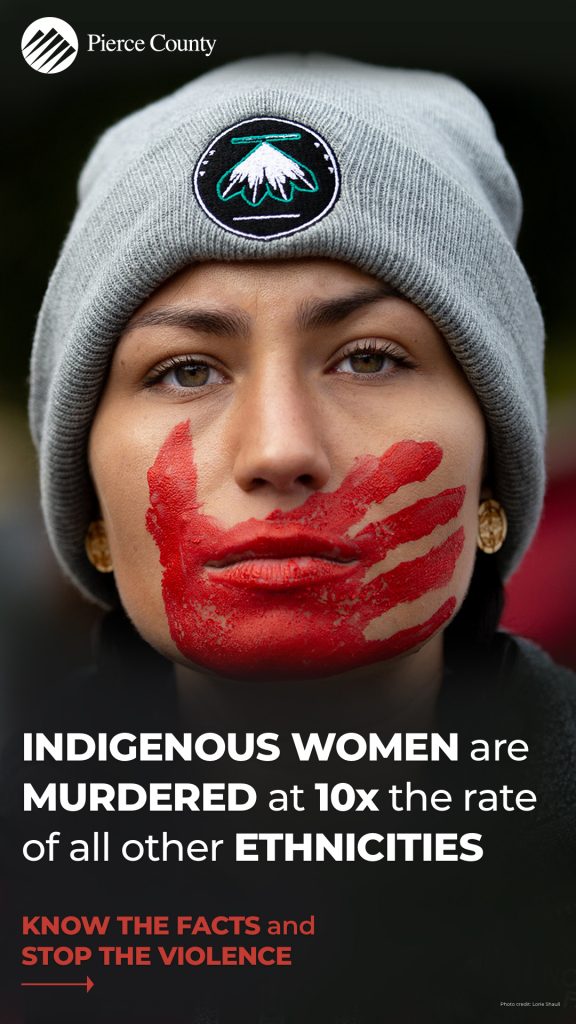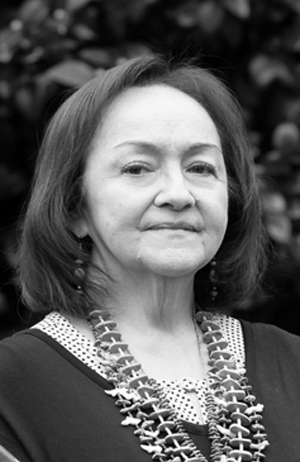Next Monday is Indigenous People’s Day around the nation. It is an opportune time to raise awareness of a nationwide crisis tribes face – Missing and Murdered Indigenous Women (MMIW). It’s tragic, it’s unbelievable and it needs to be addressed now. We need to acknowledge the truth and work with the tribes to find solutions. I have hope we can all come together and do our part.
This issue continues a legacy of violence against tribal members and has led to generations of trauma that exist to this day.
For example, September 30 was recently declared a Day of Remembrance in Canada for Native children who were taken from their homes in the late 1800s and sent to government and church sponsored boarding schools where they were stripped of their culture, language and their tribal identity. There were boarding schools here in the United States. As a matter of fact, Canada adopted their policies and practices from the United States. The mantra was “Kill the Indian, save the Man.”
Many of the children both in Canada and the United States were subjected to physical and sexual abuses, diseases, and death. They were buried at the schools, many in unmarked graves, and never made it back home to their families.
By way of background, I am a citizen of the Quinault Nation. I am a descendent of one of five traditional leadership families at Quinault and I was the tribe’s first tribal member attorney. I was trained in a leadership role from early childhood. My grandmother told me that I was to be the link between the tribal world and the white world — that I would have one foot in each world and would be the bridge between the two worlds.
I have dedicated my entire career in Tribal/State/Federal relations. I spent 20 years with DSHS, in tribal child support and Temporary Assistance for Needy Families. I became the national expert in these arenas and I’m proud to say, with the wise counsel of tribal leaders, I’ve made a difference for children and changed how the federal and state government dealt with the tribes.
I joined Pierce County in January 2018 as Senior Council for Tribal Relations, on the Executive Team as his liaison on all tribal matters. I assist Pierce County leaders in developing, enhancing and building strong partnership with our area tribes on a government-to-government basis.
One of the most disturbing issues facing tribes is violence against Native women and children. Missing and Murdered Indigenous Women is a huge problem steeped in history with roots of the epidemic tracing back to 1492. The high numbers are alarming and continue to rise. There’s a growing movement across the country to raise awareness of Missing and Murdered Indigenous Women. You may have seen the hashtag used in social media: #MMIW.
As just one county, we cannot solve the whole problem, but we can work with our tribal leadership to raise awareness and find ways to take positive steps to stop this travesty. We are starting today with a new media campaign that is launching on Monday.
Proximity to I-5, SeaTac, the Port, and JBLM all contribute to making Pierce County an advantageous place for traffickers or others who would abduct or hurt Native women and children.
- Native people are victims of violent crimes at a rate of almost 2 1/2 times the national average
- 84% of Native women have experienced violence in their lifetime
- Native women are murdered at the second highest rate in the United States and 10 times the rate of any other race or ethnic group
- Data show there is an over representation of Native women who become the target for or victim of human trafficking
- There is a lack of prosecution
In a 2018 Report published by the Seattle Indian Health Board based on data from 71 cities in the United States, 506 MMIW cases were identified. More than 300 cases have been added since 2010, and that number is considered a gross undercount.
In the study, Washington is ranked second in the United States with the highest number of cases and Tacoma ranked seventh among cities. Violence against women in our community is at unacceptable levels.
There are intersections here that are vitally important to tribes and their communities. A connection to history, colonialism, genocide, and ongoing trauma. Indigenous women remain disproportionately impacted by violence and unfortunately there is very little access to appropriate services and shelter, due to a lack of adequate funding.
I am hopeful that as we focus on this issue and pool our resources, it will pay off.
On Monday, when many governments celebrate Indigenous People’s Day, we will launch our campaign to not let these women and children be forgotten.
Very complex problems and systems need to be fixed to better address this and we have started working with our tribes. My thanks to the Executive and his team for making this a priority. I have a real passion and commitment to find solutions, for I was one of those statistics.
Sarah Colleen Sotomish
Senior Counsel Tribal Relations



